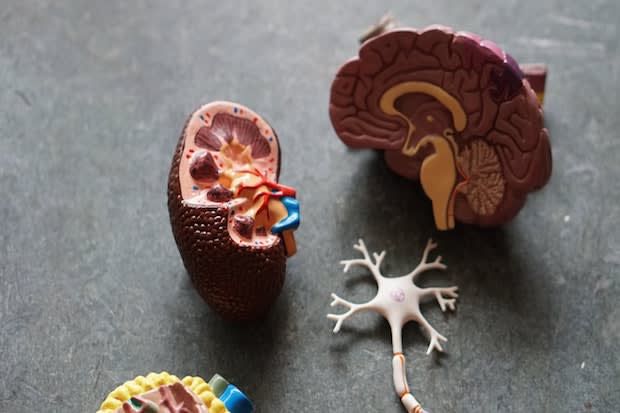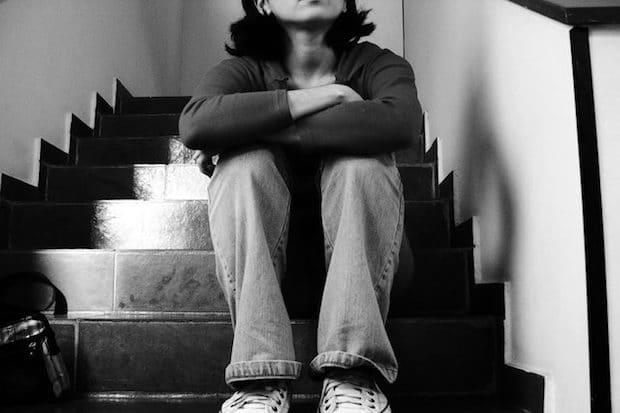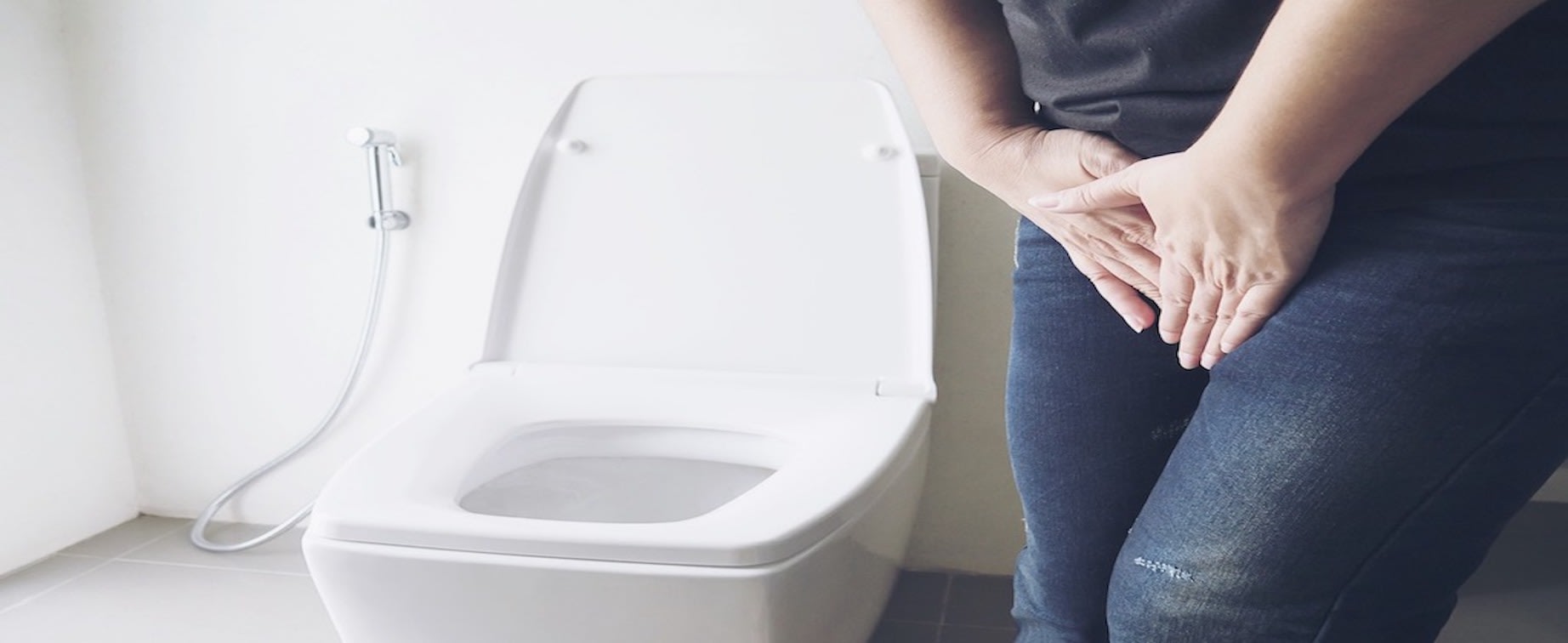Table of Contents
I. Symptoms of Urinary Disorders
Symptoms of Urinary Disorders
Disorders of the kidneys, ureters, bladder, and urethra can significantly affect a person’s life. It is essential to talk to your doctor if you notice significant changes in your urinary patterns or experience noticeable bladder pain. Common symptoms of urinary disorders include:
- Lower back pain
- Blood in the urine
- Fever and chills
- Frequent urination
- Leaking urine
- Persistent need to urinate
- Abdominal discomfort
Disorders like urinary tract infections (UTIs) are common and treatable with prescription medications. These drugs may include Macrodantin (nitrofurantoin macrocrystal), Macrobid (nitrofurantoin), Monurol (fosfomycin), or Keflex (cephalexin). The urological system is made of many intricate processes, and if any part malfunctions, several complications can occur. Read on to learn more about urinary complications that may affect your health. [1]
If you suffer from bladder problems like interstitial cystitis, your bladder may change over time. Interstitial cystitis (IC) and urinary tract infections (UTIs) may make you feel like you constantly must urinate. In the case of IC, the bladder wall becomes irritated and inflamed. The nerves in the bladder that tell the brain to find a bathroom are not working correctly, causing persistent feelings of urination, even when little urine is in the bladder. The symptoms of IC may go away over time, but the bladder may have permanent damage. If the bladder is irritated for long periods, this organ can stiffen and lose elasticity. The bladder's hardening can also result in pain when the bladder is filled up or relieved. IC is a chronic condition, so reduced bladder capacity may go on for long periods. Medications can help relieve symptoms, but this condition can result in being unable to perform certain activities. Having to be near a bathroom at all times can make activities like road trips or air travel challenging. [2] Kidney infections are a type of urinary tract infection. This type of infection begins in the urethra and travels to one or both kidneys. Typically, your doctor can treat kidney infections with proper antibiotics. It is essential to get prompt treatment before the infection spreads to the bloodstream (septicemia), a life-threatening situation. Your UTI may have spread to your kidneys if you experience: Kidney scarring is one major complication for children who experience frequent UTIs. Some researchers have found that the longer you delay antibiotics in treating a UTI, the higher the renal (kidney) scarring risk. Kidney scarring (glomerulosclerosis) involves the hardening of the blood vessels that filter waste through the kidneys. If the kidneys cannot filter waste properly, you are at risk for even more complications, like kidney disease and kidney failure. [4] Interstitial cystitis is also referred to as bladder pain syndrome. As the name suggests, this condition can result in long term abdominal pain. Because the bladder is inflamed and irritated, you may feel a mild burning sensation or, in some cases, severe pain. IC pain can come and go over time, and some people may experience periods of remission. Interstitial cystitis pain may occur when your bladder fills. You may also feel intense pressure in your abdomen. Pain can also flare-up during sex. Women may feel vulva or labia pain if they have IC, which can make having sex uncomfortable. It is essential to seek your doctor's help so you can create a treatment plan to treat this symptom. [5] As mentioned above, pain during sex is common with IC, but bladder problems can also cause sexual dysfunction in men. The prostate grows as men age, which can cause bladder issues over time. This is incredibly common, affecting over 100 million men across the world. Enlarged prostates occur most frequently in men over 65 years old. Symptoms of an enlarged prostate can include: Enlarged prostate symptoms are often related to sexual satisfaction problems and difficulty maintaining an erection. Researchers have found that sexual function and urinary tract symptoms are inversely related. This means that as a man’s urinary problems increase, their sexual function decreases. Talk to your doctor to discuss how to reduce your likelihood of urinary disorder complications. [6] The content in this article is intended for informational purposes only. This website does not provide medical advice. In all circumstances, you should always seek the advice of your physician and/or other qualified health professionals(s) for drug, medical condition, or treatment advice. The content provided on this website is not a substitute for professional medical advice, diagnosis, or treatment.
Reduced Bladder Capacity
Kidney Complications

Chronic Pain

Erectile Dysfunction
